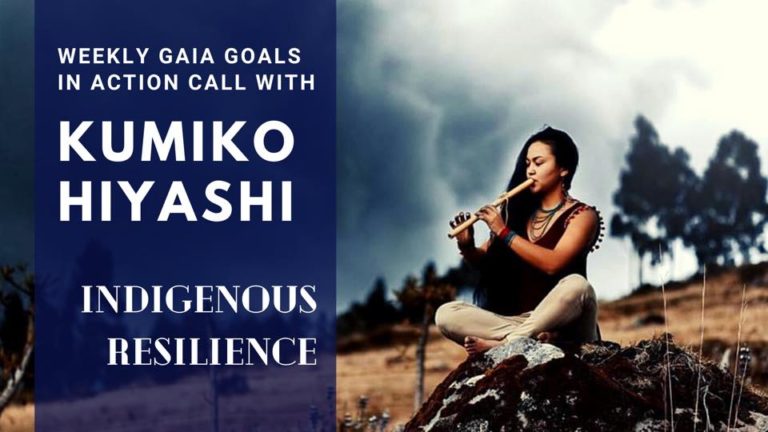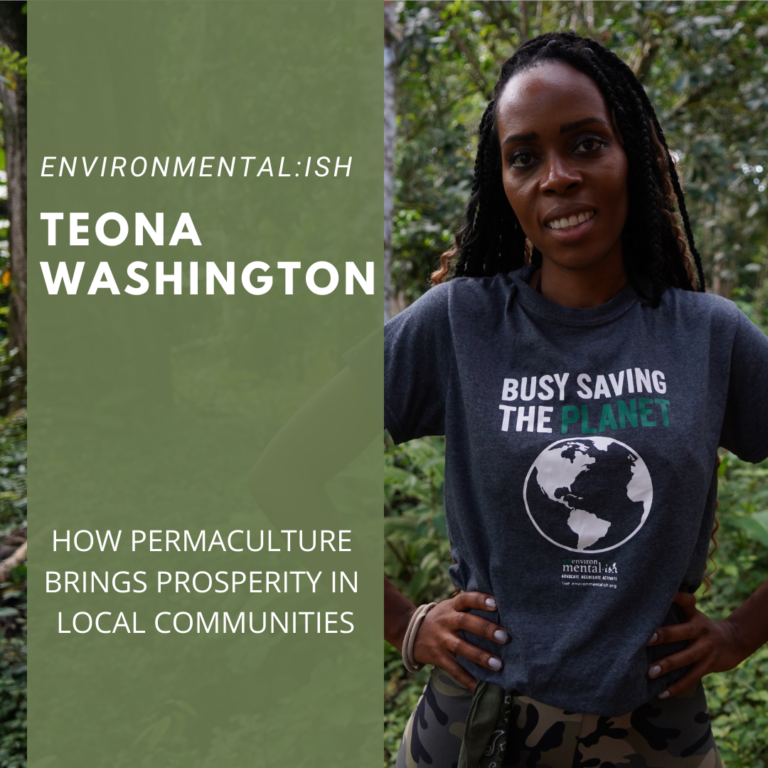COMMUNITY CARBON TREES
With JENNIFER SMITH
Jennifer Smith
A.K.A "TREE JENNI"
Jennifer Leigh Smith “Tree Jenny” grew up on a sustainable farm in Louisiana playing in the woods and bayous, marveling with the Nature all around her. Transplanting herself to Costa Rica as a home base over 21 years ago, Jenny is a lawyer, agro-forester and certified CO2 auditor who champions fair pay for tree planters around the Equator. In 2009, Jenny founded Community Carbon Trees to champion tropical reforestation programs funded by generous Sponsors from around the world who want to give back to Mother Earth and leave a rainforest legacy.
Hands-on grassroots participation and education coupled with paying a living wage to all workers has empowered vulnerable families, including women, in both Central America and Kenya, to stop deforestation and regenerate their own land and livelihoods. Building peer capacity for self management and development of value added entrepreneurial opportunities with sustainable forest products and eco tourism has added to the long term success to achieve a paradigm change to one of sustainable forest guardianship. So far, all together with workers, sponsors and volunteers, Tree Jenny has produced, planted and maintained at least 570,000 trees over 100 diverse native species growing together in natural food forests on land owned by local people for future generations.
ABOUT THE Organisation
Regenerating our soil & storing CO2
Association Community Carbon Trees is a nonprofit association in Costa Rica which works with men and women in local communities to produce, plant and maintain a huge array of bio diverse native trees to be planted in mixed agro forestry food forests on deforested lands in Costa Rica. Recently, several indigenous tribes in the southern zone of Costa Rica approached our organization to help them reforest their degraded and unproductive lands (over 40,000 hectares in total spanning over 5 indigenous territories and tribes) using our proven effective positive social and environmental impact model of actually paying the people who collect the seeds, produce and care for the trees in the nursery, transport and plant them using proven methods and then follow up for 4 years to maintain them until the trees are able to survive largely on their own.
Representatives of the tribes known as BriBri and Cabecar in in Indigenous Territory Ujarras, Bajo Chirripo have begged us to work with them with goals to eventually expand up into the Cordillera Talamanca where the most isolated clans still live with their own language and cultures intact. The indigenous lands in question have been shockingly deforested in order to foster their economy which in the past was primarily based on agriculture and cattle. Now these lands are dead and unproductive and constantly catch fire which then negatively impacts the bordering Amistad National Park. Extreme poverty has plagued the area because of deforestation with statistics of 19.3% poverty in 2007 when the entire country of Costa Rica had only a 3.3% poverty rate. The economic conditions have not changed today and these indigenous people are largely forgotten, with financial support being scanty at best and largely ineffective. They have attempted to plant trees in the past with zero success due to ineffective government models, management and support. The tribes want to work with a small group like us who have proven long-term success with the re-four station working with campesinos in their own deforested lands. It is an honor and privilege for our small but powerful and dedicated group to be asked to use our model and experience to manage and administrate a real, effective reforestation model that actually is worth replicating around the world. Community Carbon Trees is inspired to find the money to begin this long term effort to grow robust and productive food forests for future generations to ignite new sustainable economies lifting these forgotten people out of poverty and despair. of indigenous people as well as for the world. Indeed it has been proven that reforesting the tropics is one of the best ways to balance the global climate, stop spiraling extinctions by regenerating healthy forests.



